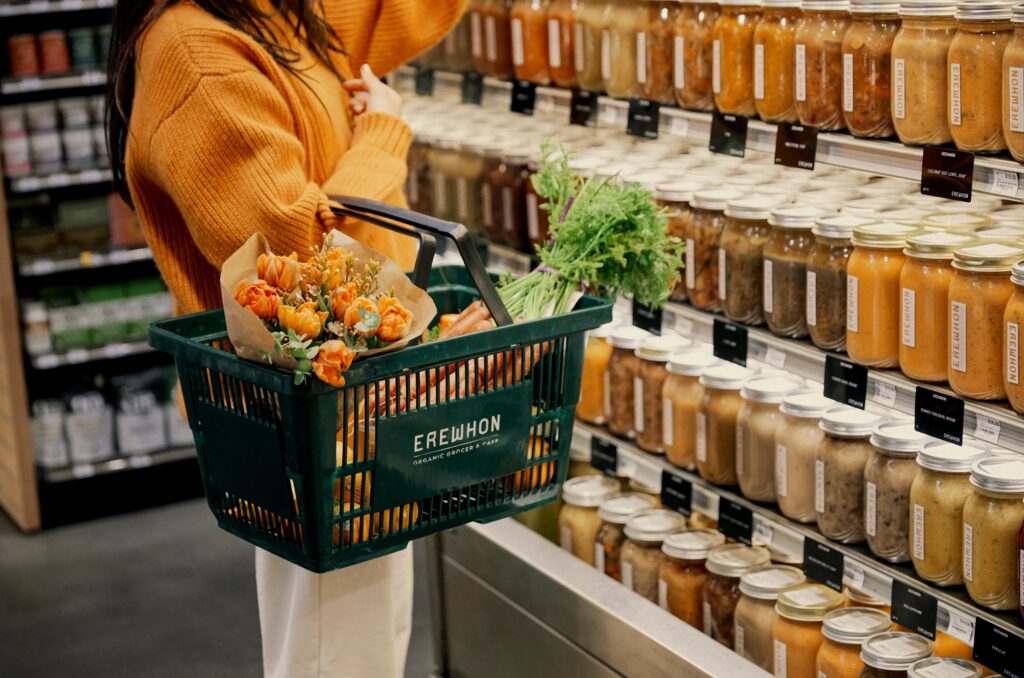Step aside, supermarkets.
What’s happening: The rise of health-focused indie grocers fills a void left by the corporatization of Whole Foods, providing curation-as-a-service and valuable new brand exposure.
The Erewhon Effect. Beyond stop-and-shop essentials, specialty grocers lure consumers with in-store restaurants, tonic bars, selfie stations, and high-profile clientele.
Bonafide tastemakers, indie stores are favored for their selectiveness — and for startups, the opportunity to score shelf space or a coveted menu collab offers high ROI.
- After LA-based Erewhon Market featured Willa’s oat milk on its cafe menu, the alt-milk maker’s sales quadrupled.
- Ghia’s olive oil, Fly By Jing’s sauces, and United Sodas’ beverages received a publicity boost when NYC’s Pop Up Grocer mixed their products into limited-edition ice creams.
- Brands sold at newcomer Happier Grocery are all over TikTok, with shoppers sharing purchase hauls and dubbing it an East Coast Erewhon.
Meanwhile, Foxtrot raised $100M last year to scale its curated omnichannel convenience store, with a local focus.
Why it matters: According to Deloitte, 87% of executives say the grocery industry is shifting toward hyper-personalized marketing and physical experiences — an attempt to satisfy consumer subgroups with vastly different tastes.
Zeroed in on Gen Z, curated grocers are an IRL Instagram explore page, catering to short attention spans and demand for newness. And, used as a launching pad, their design is ideal for operators seeking customer insights or product-market fit.
Punchline: As indie stores spread, a spot on their shelves promises better-for-you brands immediate exposure. But, since novelty is the name of the game, long-term success hinges on strategically leveraging insights gained.






